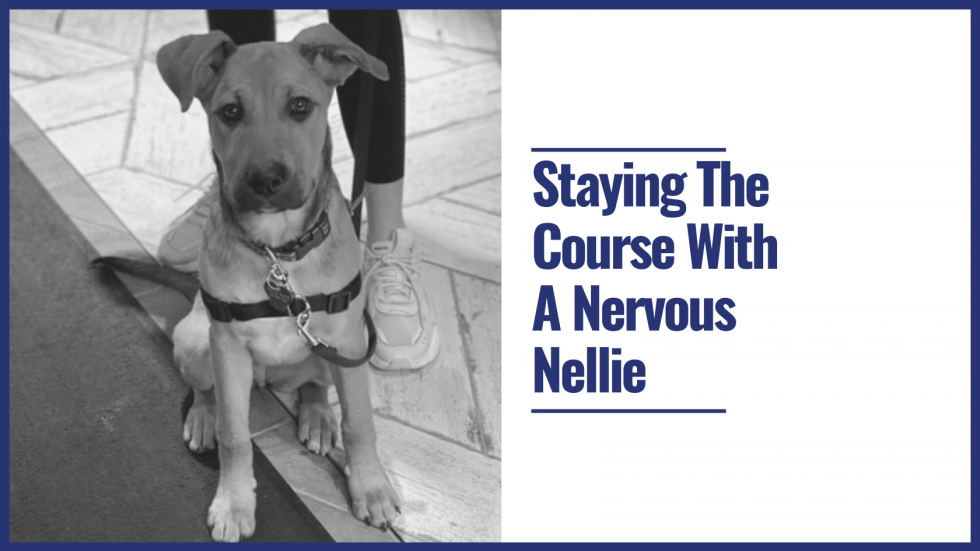“She’s afraid of the hall again,” my young client said, her voice tense. “And she’s also flinching when she hears the elevator. She’s regressing more and more!”
“She” was Nellie, a 5-month-old Rottweiler mix who had been rescued from an abandoned house in rural Puerto Rico and transported to a tenth-floor apartment in Washington, D.C. And she had indeed regressed. I had been called originally because Nellie was lunging, growling and barking at strangers, including her friendly trainer: me! Predictably too, she was terrified of the sights and sounds of the city.
By the time of my client’s tense call, we had been working together for a month. Nellie had stopped growling at visitors and was happily playing games of fetch in the hallway. She had just started going down to the lobby in the elevator, a major undertaking for a dog with so many fears.
And then, one day, she got stuck in that same elevator, along with mom’s roommate and a gaggle of frenzied tenants. The experience, terrifying as it was from Nellie’s perspective, had set her back. She would no longer go into the hallway, much less the elevator.
My client was agitated and doubtful that the training she was paying good money for was worth it.
I persuaded my doubtful client to stay the course and we continued on. We regained previous losses, and made new progress. My client was excited. After another three weeks or so, Nellie was happily trotting down the hall, into the elevator, through the lobby, through the whooshing heavy doors to the street, and down the block as far as the fire hydrant. We virtually broke out the champagne.
Then, another setback and another terse text: “It seems the training we’re doing is making her worse and I can’t afford to have her keep regressing and getting it wrong.”
For some seemingly inexplicable reason, Nellie was no longer happy in the elevator, and implicit in my client’s statement was a plea that we do something different. My plan, which relied on desensitization and counterconditioning, involved exposing Nellie to the things she was afraid of at levels she could handle and following the exposure with a delicious treat—for Nelly, this was chicken. My client felt the plan was “making her worse” and it was time for me to come up with a new plan.
Setbacks such as these, or even the normally slow progress of fear cases, are often the points at which clients (and even trainers) declare they tried the technique and it didn’t work. They abandon all hope and start seeking alternative approaches.
Graduates of the Academy are sent out into the world prepared for this very scenario. They are trained to hold their nerve and trust the science. And they are trained to empathetically coach their clients to trust the process also, even when it means ignoring the evidence of their own eyes. So, recognizing this impulse in my client as natural and normal, I gently persuaded her to stick to the course we had decided upon together: using desensitization and counterconditioning to bring comfort and even joy to this dog’s life. Setbacks and bumps in the road are not a reason to change technique, but they do mean that we, as dog trainers, must pull out and dust off our best counseling.
It’s not insignificant that Academy graduates receive a Certificate in Training and Counseling (CTC). The two skills are given equal billing in the credential. In cases like Nellie’s, the reason becomes clear. If we can’t keep clients on-side during the inevitable ebbs and flows of a desensitization and counterconditioning plan, no amount of technical skill, no amount of academic prowess, will get the job done.
Successful counseling is a skill to be learned like any other. Much of it goes against our natural instinct to fix problems by telling people what they are doing wrong. Competent dog trainers learn to exercise different mental muscles. We are taught to find the elements in the training that the client is doing right and to reinforce that behavior.
Think that’s easy? It’s not. When your husband throws his socks on the floor night after night, it is so hard to say, “Thanks for throwing your socks a little closer to the basket tonight. If you angle your arm a teeny tad further to the left you might be able to get one to touch the side.”
And so it went for nearly four months with Nellie and her committed young mom. Periods of happy progress followed by explicable or inexplicable regressions followed by implicit, if innocent, demands we change course, followed by counseling, until we emerged from the thicket with a dog who is comfortable with strangers and confident in the outside world.
To wit: the last video I received was of Nellie playing fetch in a park not far from her apartment, a happy, athletic, loping teenager with her ecstatic mom, whose willingness to go on faith, to execute the plan through all the ups and downs, has been rewarded with an insouciant city dog who says “what’s up?” to the receptionist as she strolls out into the world.
Author: Toni Clarke, CTC, CSAT











